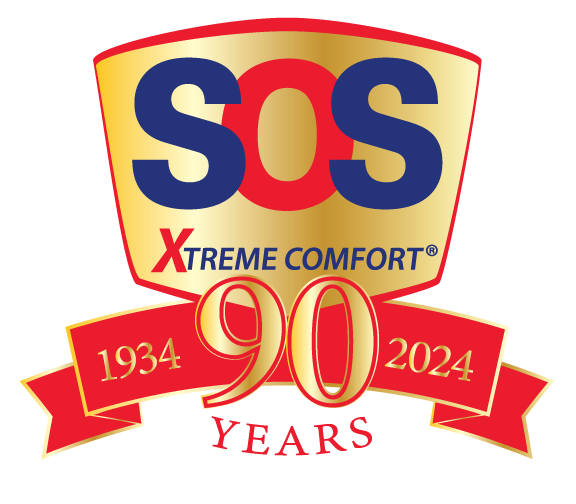Also known as liquid petroleum gas or LPG, propane is a great alternative to electricity or fuel oil in suburban and rural areas that have no access to municipal natural gas lines. Those who have recently moved to a home that uses propane for cooking and heating may have questions about its use, and this guide will help to answer the most common ones.
Feel free to set up and schedule propane delivery with us online any time, or you can call our Pennsylvania number at (570) 618-8055. You can also reach our Tuxedo Park, NY office at (845) 351-4700 or our Franklin, NJ office at (973) 827-8179.
What Is Propane?
Propane is a gas that is a product of oil or natural gas extraction, and it is often used for heating and cooking in rural locations, in recreational vehicles, and for outdoor cooking or grilling. It is a stable, affordable energy source, and it does not degrade with time like gasoline or diesel fuel.
Is It Safe?
Propane is extremely safe as long as basic precautions are taken when replacing cylinders or transporting them, or when installing gas lines, fittings, or appliances. In a home environment, propane is used similarly to natural gas, and as long as qualified personnel perform all gas line installations, repairs, and leak checks, it is just as safe.
Is It Harmful to The Environment?
Propane is an extremely clean-burning fuel, and it is one of the most environmentally friendly fuels available. It releases far less carbon than home heating oil, gasoline, or diesel, and when used in engine-powered equipment like a portable generator, it leaves far fewer deposits than gasoline, significantly reducing maintenance.
Can Natural Gas Appliances Use Propane?
Natural gas and propane are delivered at different pressures and require slightly different combustion conditions. Without modification, natural gas appliances cannot use propane, and propane appliances cannot operate on natural gas. Fortunately, conversion is fairly simple – talk to an SOS Xtreme Comfort technician to order a kit.
Does Propane Release Carbon Monoxide?
Under normal conditions, propane appliances will release virtually no carbon monoxide, which is an odorless, invisible gas that can be dangerous or even deadly in high concentrations. When such appliances are malfunctioning or being used incorrectly, it is possible for them to produce carbon monoxide. Always have a functioning carbon monoxide detector in any home with appliances that use propane, natural gas, or home heating oil, and do not use appliances rated for outdoor use indoors.
Does Propane Have an Odor?
Propane is naturally odorless, but non-toxic chemicals are added that give it a sulfur- or rotten egg–like smell that helps to alert anyone nearby to a leak. The smell may escape from stoves or appliances when the gas is first turned on if it is not immediately lit. If the smell is present with no valves turned on or any identifiable source, there may be a leak, and you should exit the home until a professional can find the source.
Propane is an extremely cost-effective, efficient, and convenient fuel, plus nearly all of it available for consumer use is produced in the United States.
Propane Delivery in New York, New Jersey & Pennsylvania
At SOS Xtreme Comfort, we offer propane delivery services in select areas that include:
- Orange, Rockland, Sullivan & Ulster County, NY
- Passaic, Bergen & Sussex County, NJ
- Pike County, PA
Our services include a “no-run-out” guarantee with a wireless tank monitoring system to ensure you stay warm and cozy even during the coldest winters, and we are proud to feature a 99.9% on-time delivery rate.
Propane Customer Bill of Rights
Click here to view and Download
Propane Fees Disclosure
Click here to view and Download
To learn more about our propane delivery services, contact us online, or call our Pennsylvania number at (570) 618-8055. You can also reach our Tuxedo Park, NY office at (845) 351-4700 or our Franklin, NJ office at (973) 827-8179.









